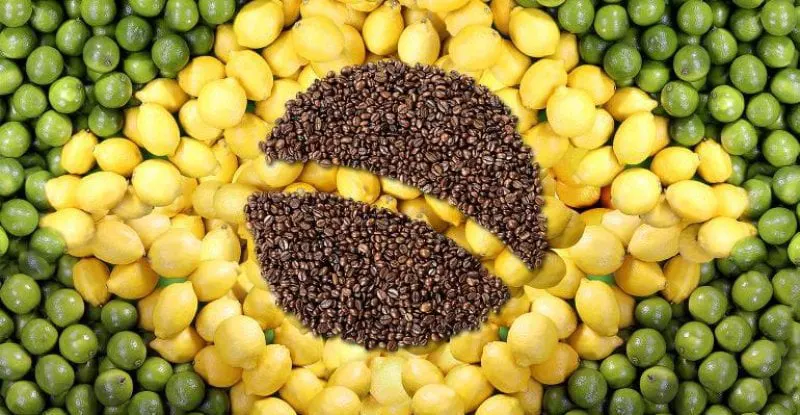Brazilian researcher exposes ‘magical thinking’ of agroecology advocates and GMO opponents
Brazilian researcher exposes ‘magical thinking’ of agroecology advocates and GMO opponents


When I did field research to understand the reasons why rural workers preferred to plant GM soy (year 2003), the answer was absolutely and fairly obvious. As there would no longer be the need to apply several herbicides, but only one (glyphosate), a less toxic product than the others, there was a reduction in the cost of production and, above all, a reduction in working time. This last aspect was crucial especially for rural women.
While I was scrutinizing the impact of adopting this technology in Brazilian corners, the NGOs that acted (and still act) against the modernization of Brazilian agriculture practiced political lobbying, using the rhetoric that transgenic soy would be rejected by small producers, as they preferred to produce agroecological soy.
In other words, they said that workers preferred to control weeds with the hoe, a traditional technology developed over millennia and little improved. It was the proposal of a surrealist world, even suggesting that rural families would opt for backwardness and the archaism represented in the use of hoes to eliminate weeds, a symbolic tool of the exhausting rural work of other times.
…
By resisting critical reflection they collaborate strongly for false image of legitimacy of a word that has been turned magic – agroecology.
[Editor’s note: This article was originally published in Portuguese and has been translated and edited for clarity.]
This is an excerpt. Read the original article here.

 | Videos | More... |

Video: Nuclear energy will destroy us? Global warming is an existential threat? Chemicals are massacring bees? Donate to the Green Industrial Complex!
 | Bees & Pollinators | More... |

GLP podcast: Science journalism is a mess. Here’s how to fix it

Mosquito massacre: Can we safely tackle malaria with a CRISPR gene drive?

Are we facing an ‘Insect Apocalypse’ caused by ‘intensive, industrial’ farming and agricultural chemicals? The media say yes; Science says ‘no’
 | Infographics | More... |

Infographic: Global regulatory and health research agencies on whether glyphosate causes cancer
 | GMO FAQs | More... |

Why is there controversy over GMO foods but not GMO drugs?

How are GMOs labeled around the world?

How does genetic engineering differ from conventional breeding?
 | GLP Profiles | More... |

Alex Jones: Right-wing conspiracy theorist stokes fear of GMOs, pesticides to sell ‘health supplements’




 Viewpoint — Fact checking MAHA mythmakers: How wellness influencers and RFK, Jr. undermine American science and health
Viewpoint — Fact checking MAHA mythmakers: How wellness influencers and RFK, Jr. undermine American science and health Viewpoint: Video — Big Solar is gobbling up productive agricultural land and hurting farmers yet providing little energy or sustainabilty gains
Viewpoint: Video — Big Solar is gobbling up productive agricultural land and hurting farmers yet providing little energy or sustainabilty gains Trust issues: What happens when therapists use ChatGPT?
Trust issues: What happens when therapists use ChatGPT? Fighting deforestation with CO2: Biotechnology breakthrough creates sustainable palm oil alternative for cosmetics
Fighting deforestation with CO2: Biotechnology breakthrough creates sustainable palm oil alternative for cosmetics California, Washington, Oregon forge immunization alliance to safeguard vaccine access against federal undermining
California, Washington, Oregon forge immunization alliance to safeguard vaccine access against federal undermining 30-year-old tomato line shows genetic resistance to devastating virus
30-year-old tomato line shows genetic resistance to devastating virus The free-range chicken dilemma: Better for birds, but with substantial costs
The free-range chicken dilemma: Better for birds, but with substantial costs ‘You have to treat the brain first’: Rethinking chronic pain with Sanjay Gupta
‘You have to treat the brain first’: Rethinking chronic pain with Sanjay Gupta
